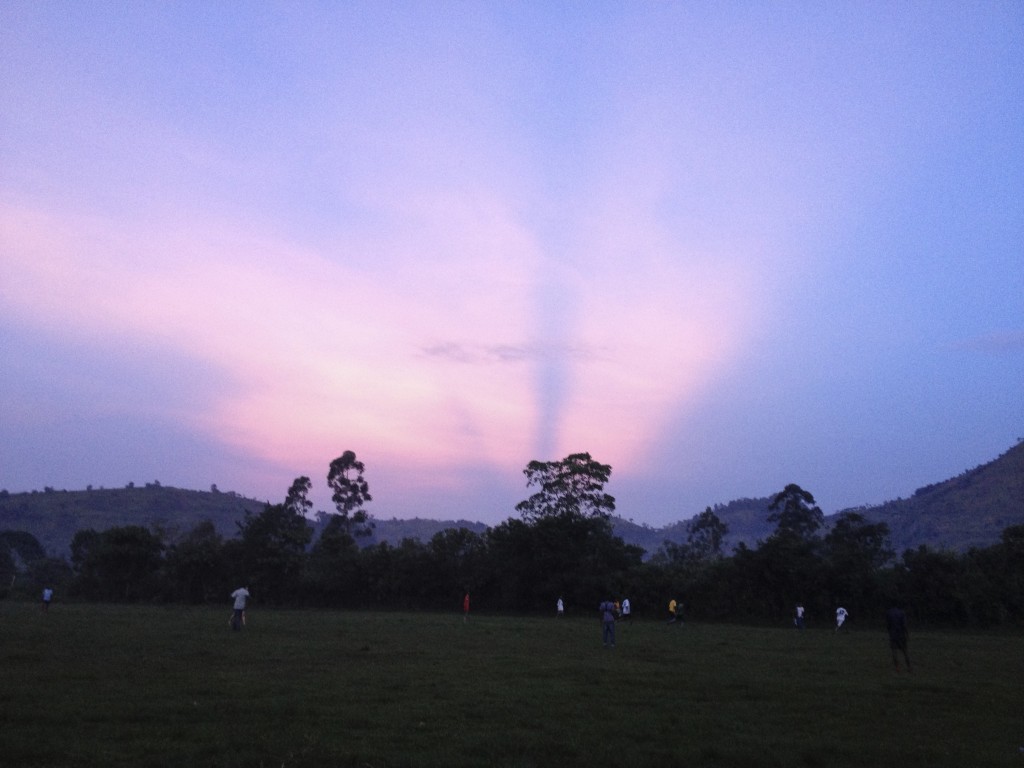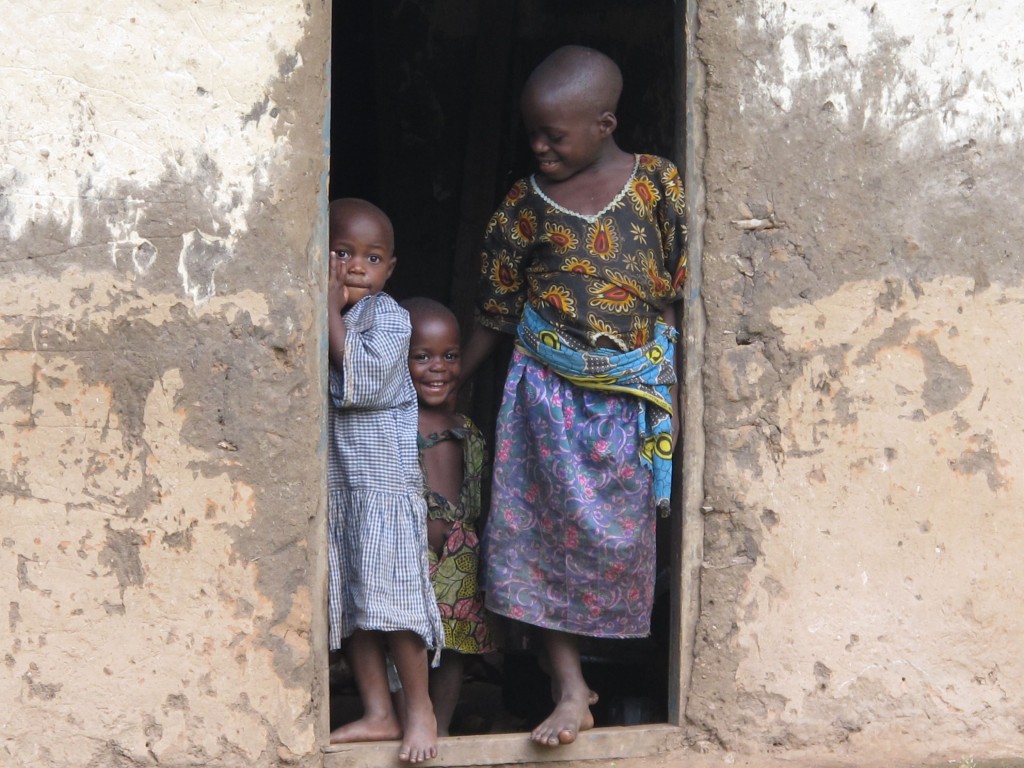As the hour of my departure from Bwindi grows near, I am already aware of what I will miss when I am gone. The loss will impact all my senses.
Among of the things I like most about being in another country are the sounds, particularly the languages. In Uganda I’ve been exposed to no fewer than four different tongues. Locally, the local Rukiga (ru CHEE ga) language is prevalent, even though English is the official state language. I have learned a few simple phrases, using my ubiquitous iPhone to store responses to typical encounters. At morning devotions, some speakers will default to Rukiga. I may not understand a thing, but I admire their passion for the Lord.
From my room in the guest house, I hear conversations and laughter among the staff. It’s reassuring to me. Fellowship is good. When I traveled to Kasese, the local language was Lukonzo. I made a few entries on my electronic notepad so I could hold my own when greeted. Swahili is spoken throughout East Africa, particularly Kenya, and is used by soldiers here. Other Ugandan dialects help identify from which district the speaker hails.
No matter if I visited north or south of Bwindi, the menu was the same. Rice, beans, matoke (cooked plantain), posho (maize meal), irish potatoes. I’ve eaten everything put in front of me for the past three months. We’ve been served local, fresh fruit each day. The pineapples have been great. I want them regularly on my plate when I return.
Before I arrived I imagined the sounds I would hear from the winged and walking beasts. Bird calls, morning and night dominate. The red-tailed monkey makes a clicking sound when near, and a racket when bounding along the roof. Haven’t heard any gorilla grunts…was unwilling to pay for that privilege. I failed to anticipate the rodents.
The daily thunderstorm portends intense rain pounding on the metal roof. Conversations are muted through the rainy season. I’m fascinated by the downpours and stop what I’m doing to watch as they are so atypical of my California experience.
The women of Africa have to be among the most hard-working in the world. With babies wrapped to their backs, they cultivate the fields. They fetch the water. They collect wood for the fire. They transport almost everything atop their heads, with perfect balance and grace and, frequently, no shoes. It’s an iconic image of Africa…and one that never gets old.
I close my eyes and imagine I am anywhere. My ears and heart betray that indifference. This is the here and now of Uganda.





We have enjoyed your pics and commentary from Uganda. You will surely find that you have had a life-changing experience. We look forward to your return and your report on your work. (As you know, we have a soft spot in our hearts for Africa.) God bless you and grant you a safe return.
You will share your heart and enrich your audience.
You share the life well.